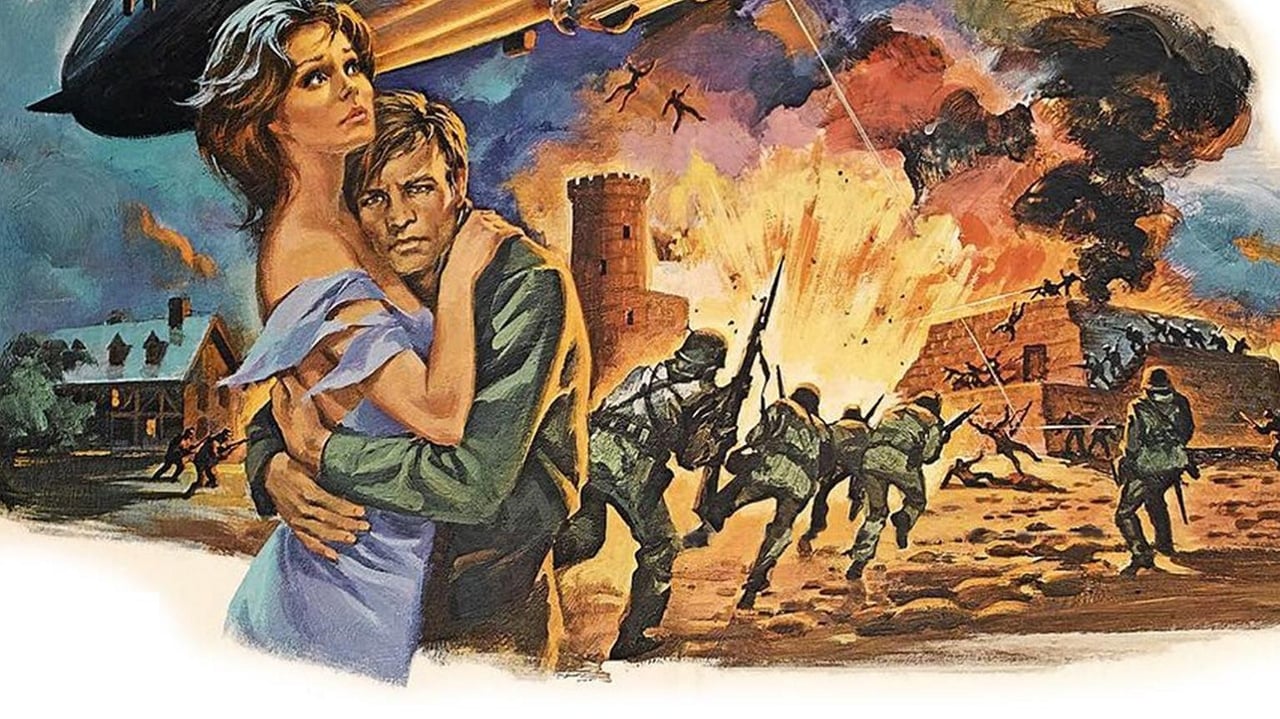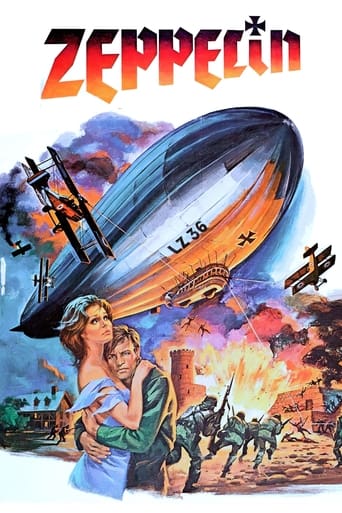

At this stage of the First World War, Britain was crucially dependent for shell propellant on HM Factory Gretna (Moorside) with its immense nitration facilities for guncotton and nitroglycerine. There are claims that the Cumbrian Fells and Pennines 'protected' this strategic target from air attack.Whilst Staaken and Gotha aircraft had a limited 800 km range, the Zeppelins would have been superb strategic bombers to attack HM Factory Gretna. The Zeppelin could have hovered out of range of ground fire and dropped small bombs precisely onto nitration facilities, acetone works, glycerine works and acid plant.Similar facilities such as Waltham Forest and Holton Heath - both in easy range, in southern England - were never attacked either. What did the German government think it was up to ? Attacking the explosive works would have left Britain without the means to hold the Western Front and could certainly have prolonged the war. It would have forced the redeployment of fighter squadrons to defend the works and other potential industrial targets.
... View MoreThe movie is a fictionalized account from a German-born British official ( Michael York ) since his own point of view . He races against time to prevent a hateful scheme and thwart the plans of cunning , detestable baddies ( Anthon Driffing , Peter Carsten ). The Zeppelin made in scale model is the real star of the film , the enormous Blimp causes damages , wreak havoc , disrupts communications , rampage over cities and destroys vital points and gun positions, nowadays the Zeppelin is led a secret mission.The film gets a magnificent creation of suspense , thriller and emotional drama including some exciting and well staged aerial images . A first rate cast with a valiant and sympathetic lieutenant well reincarnated by Michael York ( Three Musketeers , Cabaret ), a gorgeous beauty as Elke Sommer ( The prize ), her scientist husband old man ( Marius Goring of Red slippers) , Andrew Keir ( Quatermass and the Pit ) and of course the two top-notch devious villains as Anton Diffring and Peter Carsten , both of whom are usual in Nazi roles . Splendid aerial photography with impressive outdoors and sensational sky-shots by cameraman Alan Hume and good matte cinematography , besides fantastic maquettes of ingenious flying machine . Exceptional and atmospheric musical score by musician Roy Budd with extraordinary leitmotif as when the Zeppelin takes off from hangar . The picture is correctly directed by Etienne Perier . It's an acceptable picture and well produced with high budget and shot in Pinewood studies . Rating : Good , better than average .
... View MoreThere aren't too many films in which the star of the show is a special effects airship, but this is one. They really make "LZ-36" a reality! But then they use this lovely ship to make a silly, unbelievable, illogical raid on a Scottish castle to steal the Magna Carta! There are spies, love affairs, and quite a nice fight, but the almost convincing feeling of an experience in a real Great War German airship is the main attraction. Now for some realities about large airship handling and aerostation. In the film a considerable company of soldiers are taken aboard. Even allowing that there was no bomb load, the 1915-1917 Zeppelins could not have carried such a complement or troops in addition to operating crew. No airship ever built could have done so, including "Hindenburg", "Akron", or "Macon", the largest ever constructed. The Great War Zeppelins might have carried 30 or 40 persons at most. Then consider the landings shown on water and land. Real airships require very large ground handling crews. In the film "LZ-36" is shown being handled like a small "Goodyear Blimp"! In German airship numbering, the naval airships were designated as "L-#" without the "Z". The Zeppelin Airship Company designated their craft as "LZ-#", but there was no correspondence with the naval numbering. The historic "LZ-36" was naval "L-9", burned in a hanger fire in 1916 after only four raids. Zeppelin "LZ-82" was naval "L-36", lost in February 1917, after a forced landing in water, as in the film. "L-36" made twenty flights, only one raid. Probably it was "L-36" that suggested the film story, but it was one of the "height climbers", designed to reach an altitude of 20,000 feet to avoid the British pursuit planes. Needless to say, it was never used to try to steal the Magna Carta.Oh, as to the film story, did the raid succeed in stealing the Magna Carta? I'll never tell.
... View MoreI loved it the music was great so was the cast the zeppelin looked just like a real one this is a great movie micheal york was great in it it shows many scenes of the zeppelin and the fight between the airplanes and the zeppelin was exciting I loved the movie I give it *****5 stars
... View More